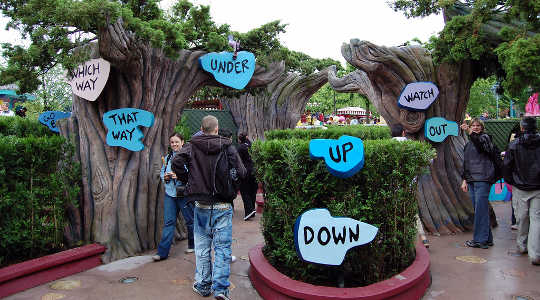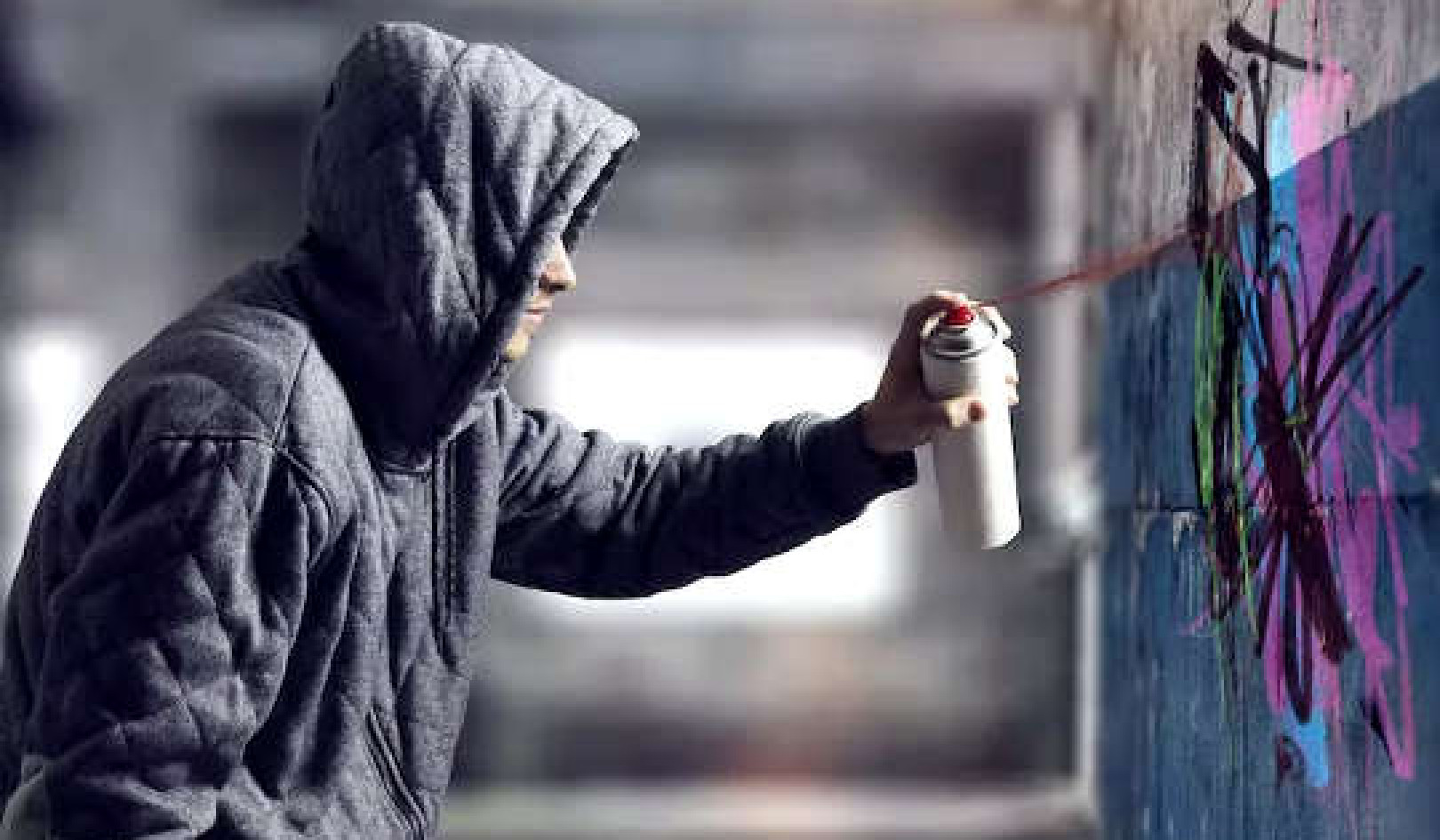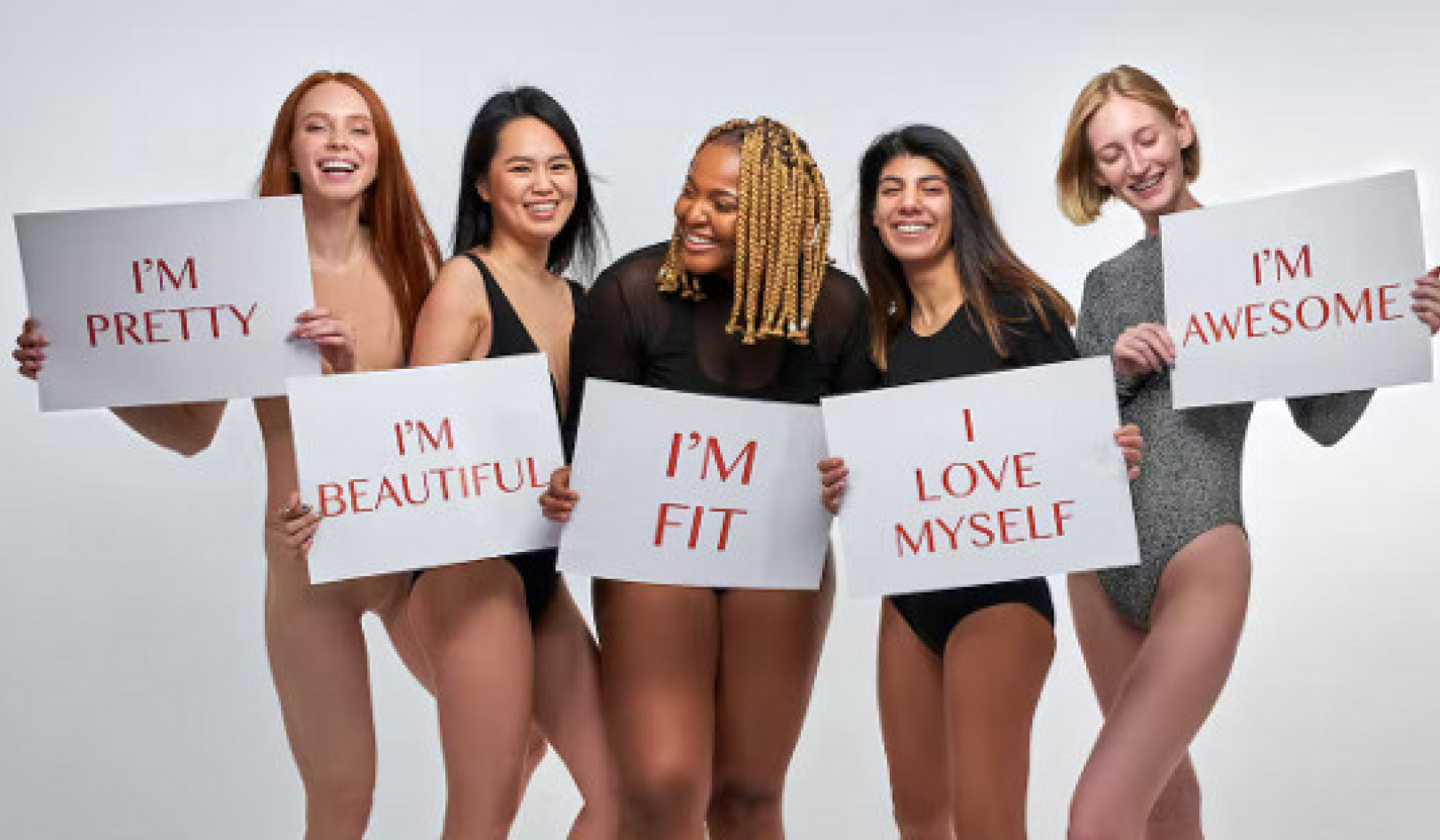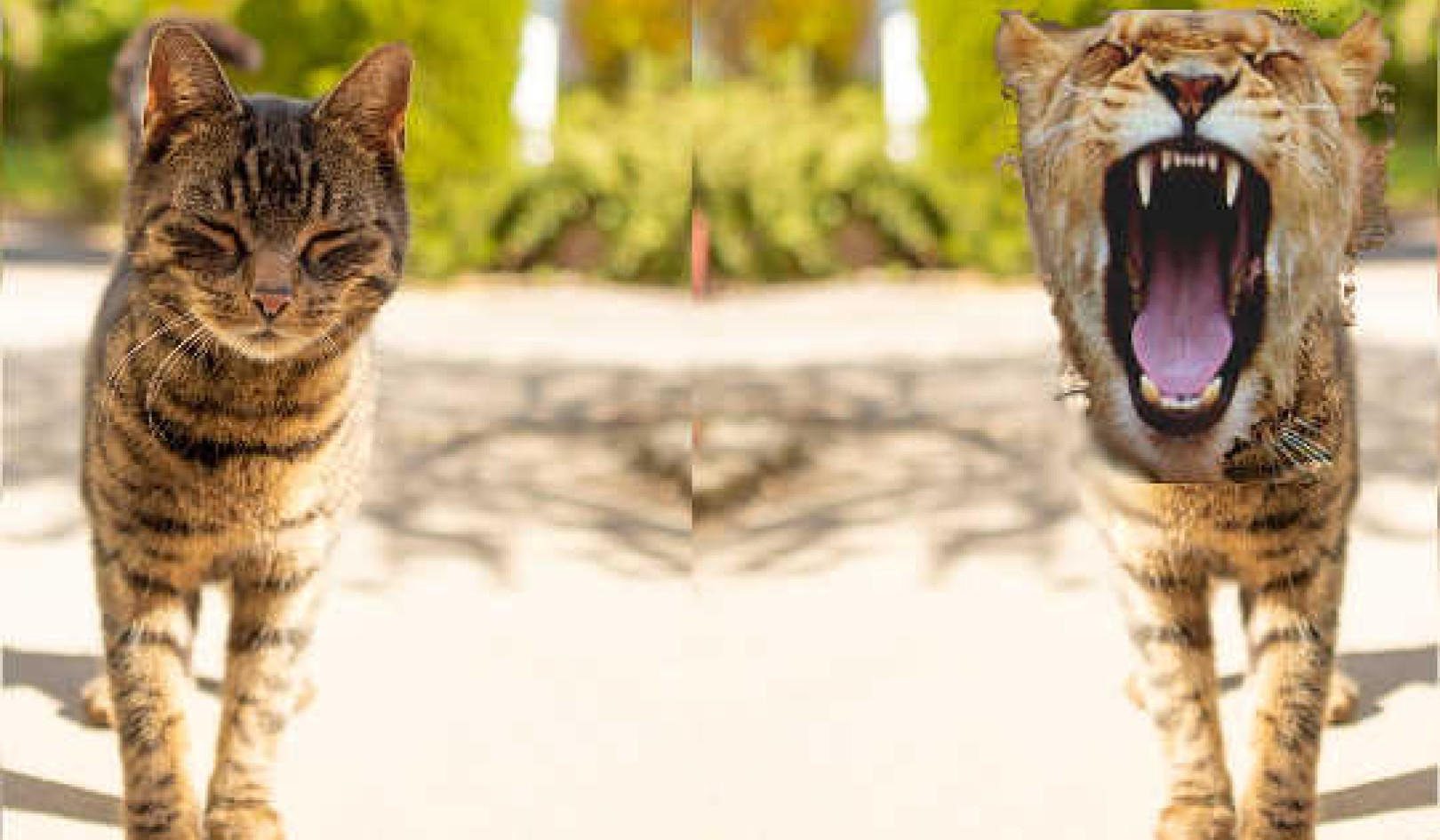
Not a single day goes by in my practice as a clinician, or in my world as a writer, speaker and radio host, in which I do not encounter someone who is stuck in both the miasma and the quicksand of a moral dilemma. This, however, is not because it is right to be so stuck—though that is what most traditionalists will tell us. This is because we have come to believe more in our morals than we believe in ourselves.
But even making such a bold statement raises the hackles on the necks of traditionalists from all faiths, creeds, dogmas and philosophies, for we fear that if we drop morals, then planet earth will go to hell in one enormous apocalyptic explosion of total immorality. We trust our morals to keep that from happening. And we are certain that without them that is exactly what will happen.
Worse than that, however, is the fact that because we trust in morals, we don’t trust in our inner and divine essence to lead and guide us. We don’t even trust love to guide us, because, you know, love can be tainted with all kinds of loyalties that may or may not be right. No, better stick with the rules.
Choosing to Exclude Good and Evil
When I encounter these persons who have come to me for help with what they think are their moral dilemmas, I’m continually frustrated by the fact that in order for them to reach into the realms in which they will find their own answers, they will have to find a way to get past the sticky, gummy, hot asphalt of morality paving their own personal narrow road to hell. But you just can’t talk about getting past morals, without people thinking that you are coming all too close to the edge of blasphemy—and they don’t want to be in the room when the lightning strikes.
Søren Kierkegaard was able to get away with it in his famous book Either/Or in which he says:
My either/or does not in the first instance denote the choice between good and evil, it denotes the choice whereby one chooses good and evil/or excludes them (Kierkegaard 1992, 486).
But it took him 633 pages to do it. We are not going to go that long. But we are going to be talking not only about excluding them—good and evil, that is—but also about what we do with ourselves once they have been excluded. Byron Katie asks the question: Who would you be without your story? I’m going to take that one more step and ask: Who would you be without your morals?
What If We Have It All Wrong?
That’s a scary question for many to ask, and scarier still to answer, for at base we fear that without our morals we would all be sociopathic serial killers. But would we? Or, is it possible that we can find something deeper than morals within us, deeper than the codes to which we conform our behavior or rebel against, deeper than our dependency on the so-called battle between good and evil to define us. What if, in fact, that is exactly what Jesus, Buddha, Krishna and some of the other great Master-Teachers were trying to tell us? What if...we have it all wrong?
Truth is, our dependence on morals, on defining ourselves by the supernatural and unnatural battle between good and evil, will keep us from even asking these questions. Why? Because we live our lives and orchestrate our movements based almost entirely on fear. And so it is perilous, indeed, to put such a deep crack in the terra firma on which we walk based on morals, which seem to protect us from our fears.
What will we do? Will we just fall for eternity into the airless air between us and the next planet down the Milky Way? Where will we lay our heads at night if we can’t look back over our days and determine our worth by our good and bad deeds? These are our fears. And they dictate our willingness to ask these questions.
There Is Nothing To Fear
So, how did I get to be so brave? Well it’s not because I’m some superhero who has come to save you from the traps of unconscious moral meandering. Nor is it because I’m the next Anti-Christ come to steal your soul and fling it down into hell— simply so that I won’t be alone down there. It’s because there is nothing to fear.
It is extremely difficult for most of us, however, to wrap our minds around that concept and so most of us don’t even try. Rather we imagine that living a moral life will remove mystery from life and eventually get us to a place in which we will finally find some peace.
But it is in the midst of the mystic’s journey that we come to realize both mystery and a concomitant experience of peace. Most of us, however, are frightened of mystery, for our biggest fear is of the unknown. We go to all kinds of lengths to convince ourselves that we know things we don’t really know at all, simply because to not know is so uncomfortably frightening.
The Divine Within Humanity
One of the things we think we know is that there is this enormous historic and futuristic battle between good and evil. Even many who are atheist or agnostic believe in some kind of battle between morality and immorality. But when we look for true spirituality, we won’t find it in morals, and we won’t find it in fear—we will find it in the mystical alliance between mystery and truth, an alliance which has nothing to do with a historic and/or futuristic battle between good and evil.
What changes in these mystic encounters isn’t a heart and mind that turns from evil to goodness. These encounters offer to an open heart a depth awareness of the divine within humanity.
What we don’t realize in all of our assumptions of wrong and right, is that these assumptions keep us at the shallow end of the pool when it comes to living a life of meaning and fulfillment. So let’s take, for example, the most heinous of all wrongs, the murder of another. We generally say that a person who has murdered another is bad or even evil. Then we shake our heads in despair, and promptly dust our hands of it.
We can clearly see the pain of the family members of the victim and our compassion reaches out to them. But when it comes to thinking about the crime itself, we can stop any further exploration, by simply saying that the perpetrator is evil. We don’t have to consider his desperation, his narcissistic wounds that blinded him to the pain of others, his bully or bad-guy identity or anything else.
And we,as individuals and as a society, are relieved of the responsibility of solving the problem. Just throw the thug in jail and be done with it.
Who Defines Good? Who Defines Evil?
This whole battle between good and bad turns out to be an illusion when we get right down to it. For who defines good? And who defines evil? If it is religion, we’d have to ask which religion. Osama Bin Laden thought it was a good thing to train his allegiants to commit suicide while crashing their planes into the Trade Towers and the Pentagon. And his allegiants believed in their own good deed so much that they were actually willing to die for it—while killing many others. His and their interpretation of their religion led them to believe that this was the only right thing to do. Many others disagree.
Looking at this from a historical perspective, but a few centuries back and largely covered up by Christian historians, blood ran in some of the European city streets as thousands of so-called heretics were murdered because they believed in such concepts as divinization and reincarnation. And only three hundred years ago, so-called witches were murdered because they used herbs to help their friends and loved ones heal. And these murders were considered to be good deeds.
So, what is good and what is bad? Only your rules know for sure. And yet, we live in a kind of socially acceptable haze of discontent in which we seem to be trying to heave the collective bolder of goodness up the hill, only to arrive at the top to see it roll back down picking up steam at every bump in the road.
We secret away our bad deeds as a general approach to the whole thing. We say, “Everyone has got something hidden in their closets.” But the average Joe, trying hard not to be too holy or too bad, isn’t even going to consider cleaning out those closets for fear of what might be found there.
We live out our power trips, our manipulations and our social graces all in the name of being a good person without ever wondering why it is that at the upper echelons of the political world, such power trips, manipulations and social graces seem to be so evil. And throughout all of this, we’ve not yet stopped to ask ourselves about anything that looks like truth. In fact, many of us even hesitate to use the word—except when we are defending a lie.
Finding Out Who We Are
Now, I didn’t say all of that to preach about how we are all going to hell in a hand-basket. I said all of that to say this: Until we get past good and evil, we are not going to be able to find out who we are, and if we can’t find out who we are, how the hell do we expect to find out who or what is this sense of reality we call God?
How will we ever get genuinely close to the divine, if we can’t even get close to ourselves? And we can’t know who we are until we can quit asking ourselves if we are worthy. And we won’t be able to stop asking ourselves whether or not we are worthy until we can get rid of the measuring stick.
What if, just what if we are worthy because we are here? What if our worthiness does not depend on following or not following the rules? What if, like our pet cat or dog, we are loved and considered beautiful and worthy, because we are, we just are.
We are so used to thinking of all of the bits and pieces of the universe as suppliant to humanity. The flower is only worth something if it serves humanity in some way. The tree only has value to the degree that it provides for us. The mountain is there for us to climb, the ocean for us to swim, and the air for us to breathe.
But what if our image of ourselves is skewed along the lines of our own self-importance because to think otherwise opens us to the mysteries of existence? We do fear a mystery don’t we? We want to know. We want to be certain. We want answers. And we want the answers to appear in a form we can understand, as in, physical matter, so that if the answer isn’t physical, well then, it isn’t really an answer at all.
Deciding The Value of Our Beingness
Our scientists look for empirical data. The very definition of empiricism implies physicality. If we can’t see it, touch it, taste it, smell it, or hear it, we can’t be certain that it is real at all. But this of course leaves out all of the other senses.
Intuition is one of those invisible senses that science is only now on the very fringes of accepting, though humanity has known of it for as long as we have existed. But there are other senses that don’t even as yet have a name, like that humming sensation that one gets when one has tapped into the deepest roots of oneself. Like that feeling of connection, of inner knowing, that comes about, not as a result of intuition, but as a result of sitting in a room all by oneself and just being.
But we want the kind of knowing we can present to our physical form. Why? Because mystery makes us uncomfortable at best and downright terrified at worst. The very mystery of our own existence is the most uncomfortable of all. So rather than sit with that mystery and just enjoy our own beingness, we try to define it, label it, decide on its value and ultimately find ourselves unworthy.
What if we are wrong? What if for centuries we’ve perpetuated a myth upon ourselves that can only be demystified by telling ourselves the truth? And what if the truth is that we are already worthy? And what if realizing that is what allows us to stop acting as if it isn’t so?
Article Source
 Inhabiting Heaven NOW: The Answer to Every Moral Dilemma Ever Posed
Inhabiting Heaven NOW: The Answer to Every Moral Dilemma Ever Posed
by Andrea Mathews.
Click here for more info and/or to order this book.
About the Author
 Andrea Mathews is the author of several books:The Law of Attraction: The Soul’s Answer To Why It Isn’t Working And How It Can, (Sept. 2011), and Restoring My Soul: A Workbook for Finding and Living the Authentic Self (2007), as well as several published articles and poems and a blog in Psychology Today Magazine called Traversing the Inner Terrain. She is a practicing licensed psychotherapist with over 30 years experience, a corporate trainer, motivational and inspirational speaker and the host of the highly successful international internet radio show called Authentic Living on VoiceAmerica.com. You can learn more about her at http://www.andreamathewslpc.com.
Andrea Mathews is the author of several books:The Law of Attraction: The Soul’s Answer To Why It Isn’t Working And How It Can, (Sept. 2011), and Restoring My Soul: A Workbook for Finding and Living the Authentic Self (2007), as well as several published articles and poems and a blog in Psychology Today Magazine called Traversing the Inner Terrain. She is a practicing licensed psychotherapist with over 30 years experience, a corporate trainer, motivational and inspirational speaker and the host of the highly successful international internet radio show called Authentic Living on VoiceAmerica.com. You can learn more about her at http://www.andreamathewslpc.com.
























